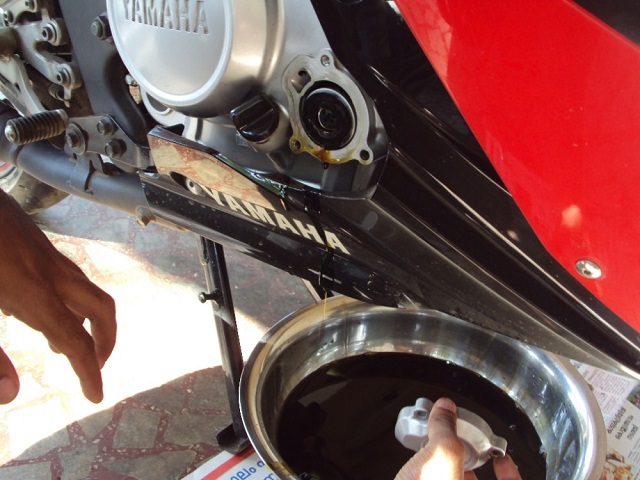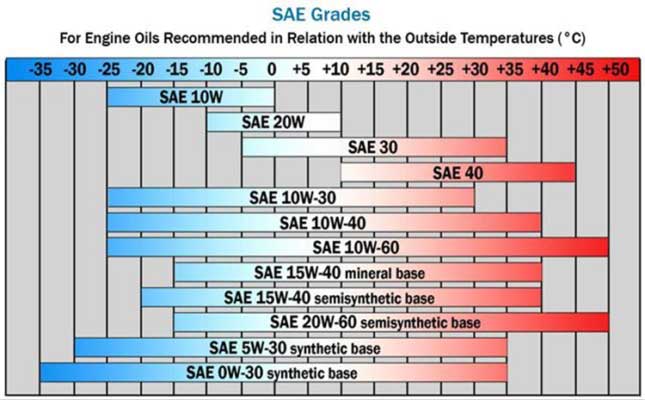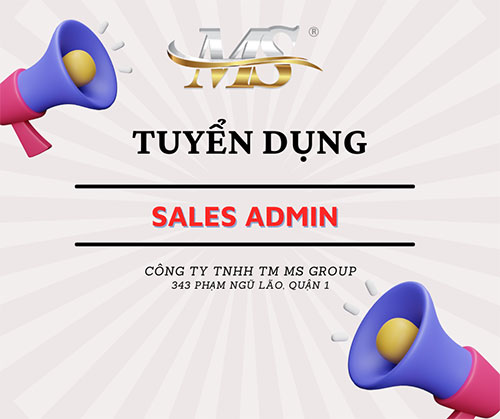Changing motorbike oil, if not done properly, will damage the engine and life of the vehicle, so what are the mistakes when changing motorbike oil?
Change oil according to the number of kilometers driven
The first and most common mistake today is calculating the time to change the oil. Accordingly, most motorbike users in Vietnam are in the habit of calculating the number of kilometers traveled to determine when to change the vehicle's oil. However, this approach is only relative and not correct for all cases.

Changing motorbike oil, if not done properly, will damage the engine and life of the vehicle.
Because under normal conditions, when motorbikes are used regularly, the oil change cycle every 1,000 - 1,500 km is relatively reasonable. However, in special cases such as vehicles that do not move often or vehicles that move a lot on steep hilly terrain, changing the oil based on the number of kilometers traveled is no longer reasonable.
In these cases, if the vehicle has not yet moved to the above km mark, the vehicle owner should still change the oil after about 12 months. Or if the car does not move, it is best to change the oil again after about 3 months. The reason is because after pouring lubricant into the car, its quality will quickly decrease, even if the car is not running.
Don't hesitate when you see signs that your car needs an oil change
Lubricant is considered a protective layer that helps increase the life of the car engine. However, due to not understanding the importance of oil or being subjective, many car owners still hesitate and do not pay attention to periodically changing the car's oil. This wrong thinking will cause the car to become stagnant, operate poorly and often make loud, annoying noises when moving.
According to many experts, the best time to change motorbike oil should be 2,000 km for manual cars and 1,000 - 1,500 km for scooters. However, this number can also change, depending on other practical factors such as: environmental conditions, vehicle operating capacity, quality of lubricant...
If your car moves often, the oil in the car will degrade very quickly, you must replace it sooner if you do not want your car to encounter unfortunate incidents.
Do not drain all the old oil
During the process of changing the oil, another mistake that many motorbike users make is being careless and subjective in not draining all the old oil still in the tank. This may not seem to have much of an impact, but in fact it can have consequences for the car if it continuously happens.
The reason is because old lubricant after use not only loses its effectiveness but also contains many impurities and metal filings due to friction. These things can easily damage the engine, so if you don't drain all the old oil, in the long run it will cause engine damage and reduce its life.
Therefore, if you change the oil yourself, the car owner needs to patiently wait for the old oil to drain completely, and at the same time tilt the car so that the remaining oil in the engine parts flows out completely.
Leave it to the maintenance staff
As a habit, many customers today when going for car maintenance often do not care what type of oil their car is replaced with, where it comes from... but just leave it up to the staff to make the decision. maintenance officer. As a result, after changing the oil, many car owners can only complain about why the car has just had the oil changed not long ago but runs sluggishly and wastes fuel... Only when they realize the problem and take the car for a check do they know. Used vehicles must have unsuitable oil.
Although maintenance staff are professionals, you should not let them decide everything on their own. Maybe some employees, because of sales and profits, will use expensive motorbike lubricants that are not necessarily suitable for the vehicle you are driving.
Not only that, if you are unlucky enough to encounter an unreliable repair facility, the staff can also replace the oil with poor quality, causing your car to be damaged and degrade quickly.
Therefore, to avoid this situation, it is best to learn about the types of lubricants in advance and then discuss and consult with repair staff to choose the right product that best suits your needs. his engine.
Source Summary












